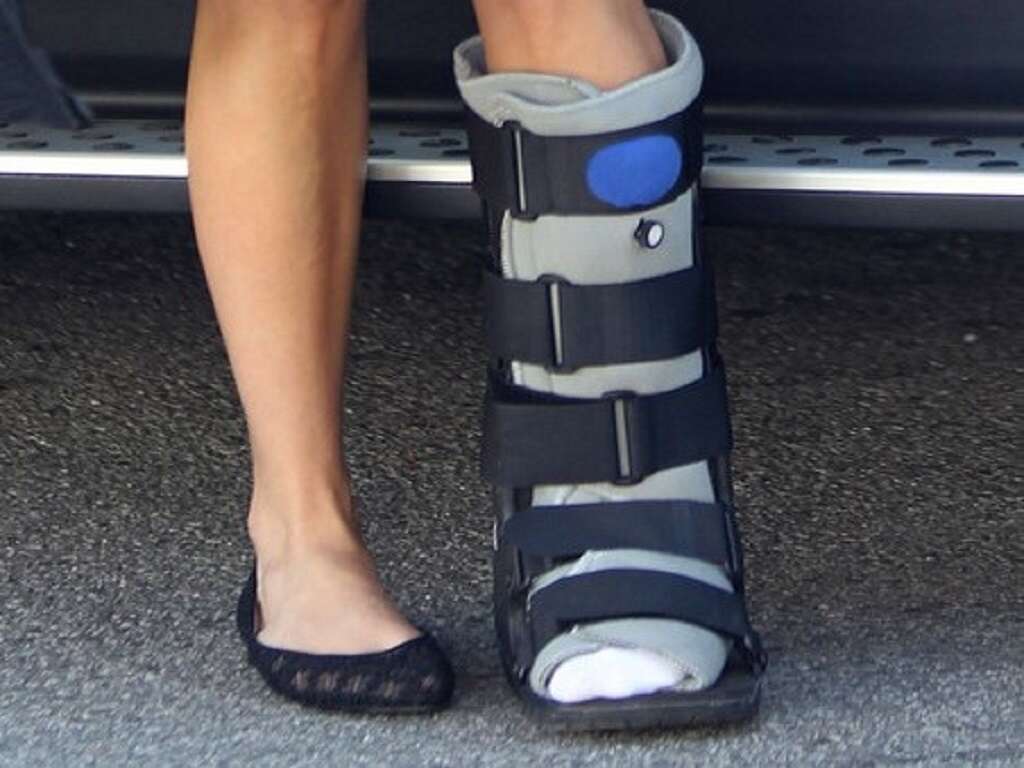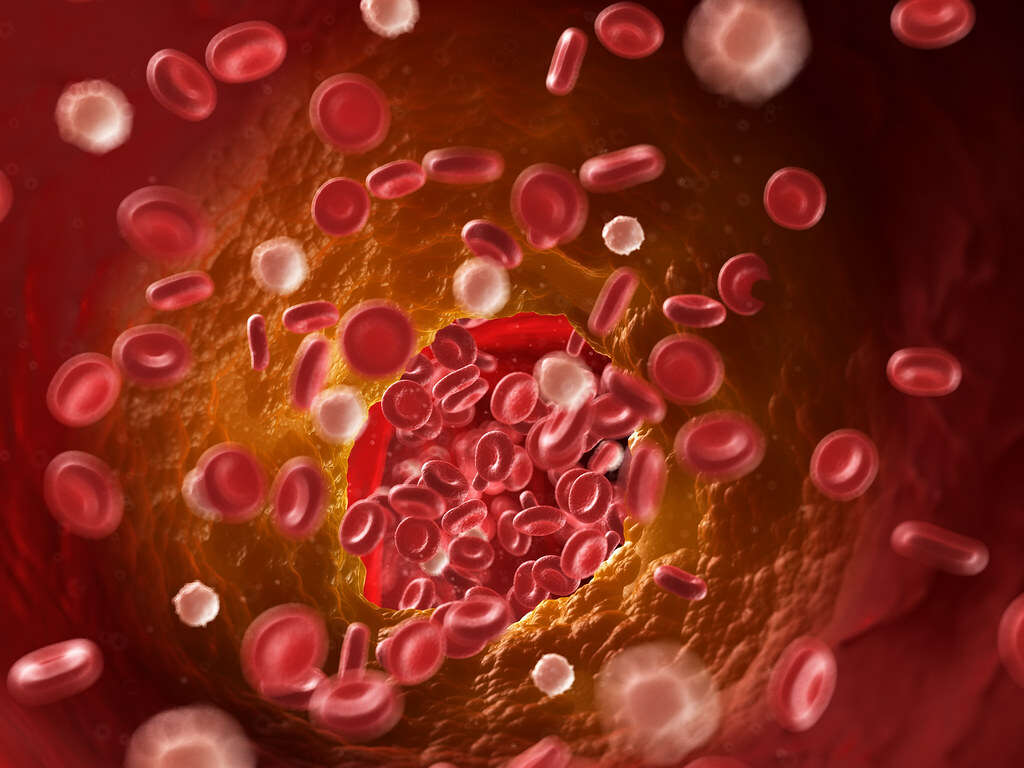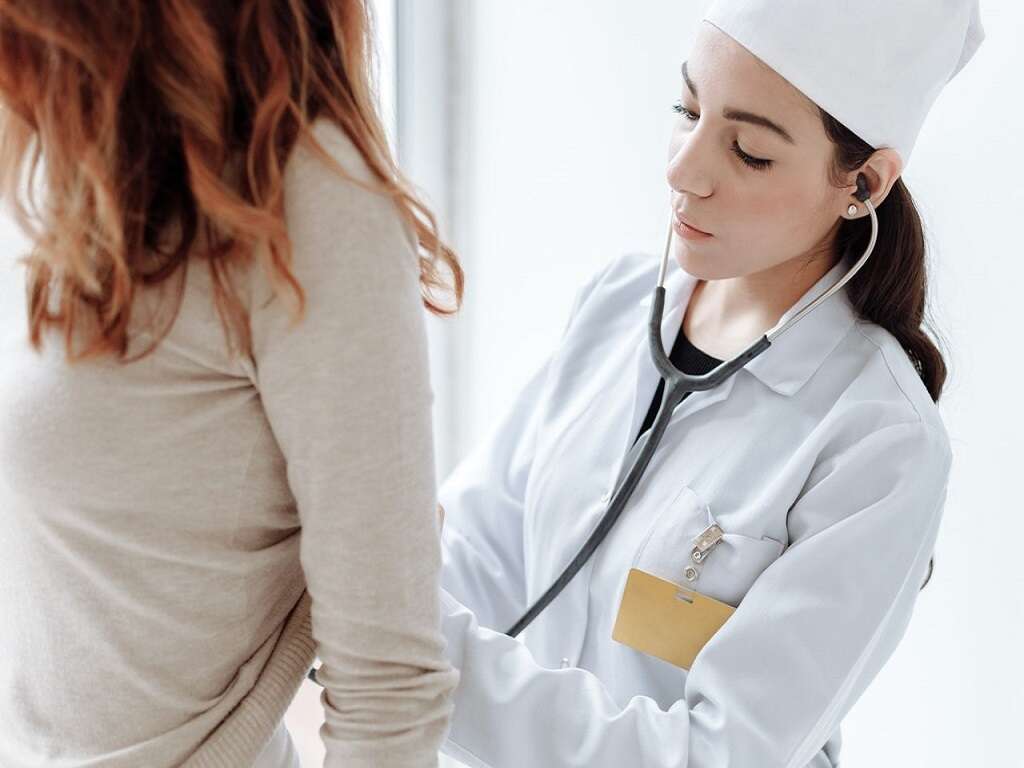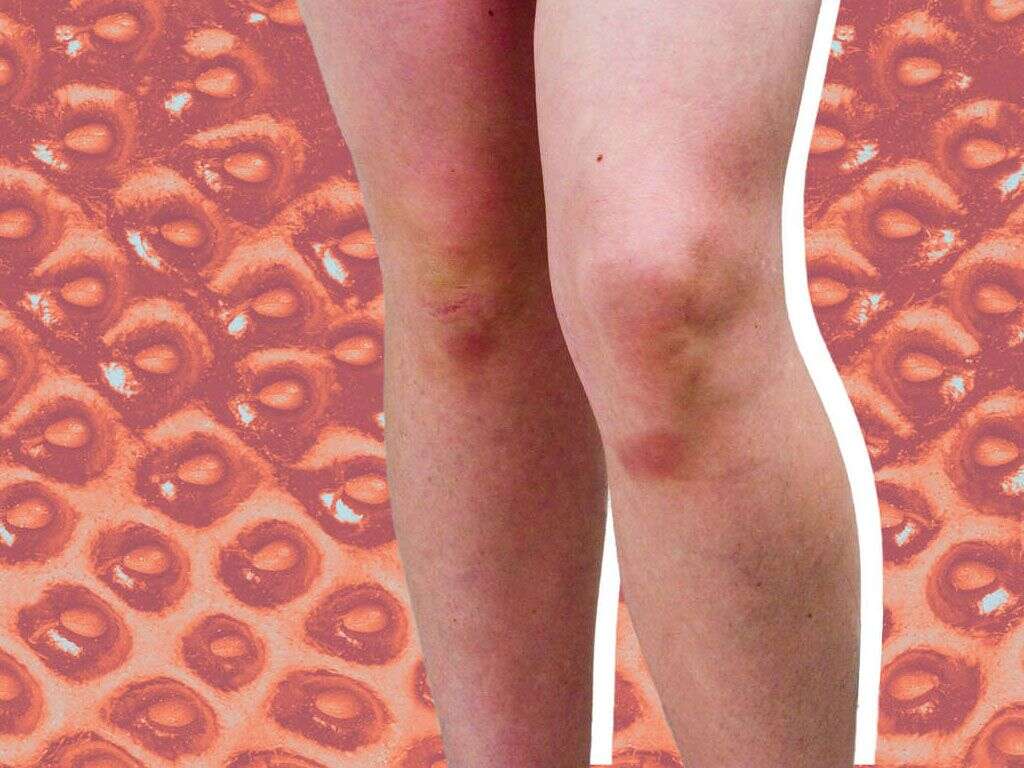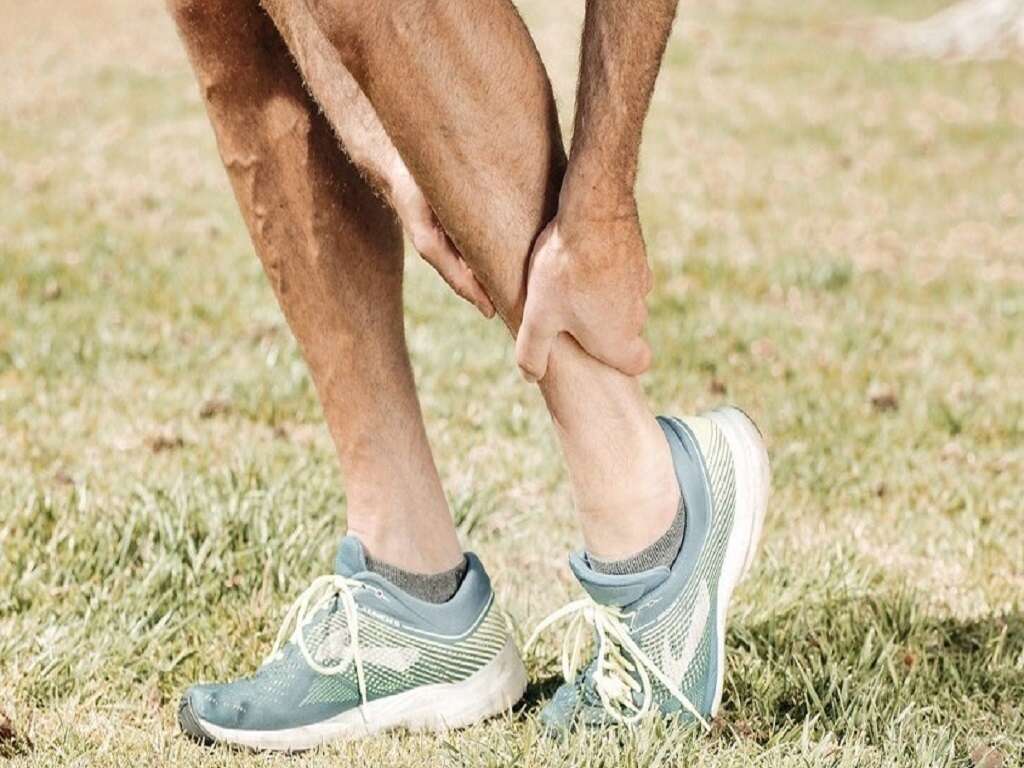Leg Pain Causes, Treatments & More
 Article Sources
Article Sources
- 1. 'Don't Let Foot Cramps and Charley Horses Slow You Down.' Cleveland Clinic, health.clevelandclinic.org/dont-let-foot-cramps-charley-horses-slow.
- 2. 'About Peripheral Artery Disease (PAD).' Heart.org, heart.org/en/health-topics/peripheral-artery-disease/about-peripheral-artery-disease-pad.
- 3. 'What is Venous Thromboembolism (VTE)?' Heart.org, heart.org/en/health-topics/venous-thromboembolism/what-is-venous-thromboembolism-vte.
- 4. 'Shin Splints.' NHS.UK, www.nhs.uk/conditions/shin-splints.
- 5. 'Leg Fracture.' Harvard Health, health.harvard.edu/a/to/z/leg-fracture-a-to-z.
- 6. Jadhav, S. P., et al., 'Comprehensive Review of the Anatomy, Function, and Imaging of the Popliteus and Associated Pathologic Conditions.' Radiological Society of North America, pubs.rsna.org/doi/10.1148/rg.342125082.
- 7. 'Hamstring Injury.' NHS.UK, www.nhs.uk/conditions/hamstring-injury.
- 8. 'Leg Pain: MedlinePlus Medical Encyclopedia.' MedlinePlus, medlineplus.gov/ency/article/003182.htm.
5. Shin Splints
Also referred to as medial tibial stress syndrome, shin splints occur due to excess stress on the shinbone and the surrounding tissue that attaches to the bones and muscles.4‘Shin Splints.’ NHS.UK, www.nhs.uk/conditions/shin-splints.
Common causes of shin splints include having flat feet, wearing ill-fitting shoes, failing to stretch and warm-up before a workout and having weak core hips, weak core muscles or weak ankles. Active individuals can get shin splints when they suddenly start doing longer or more intense workouts.
Advertisement



